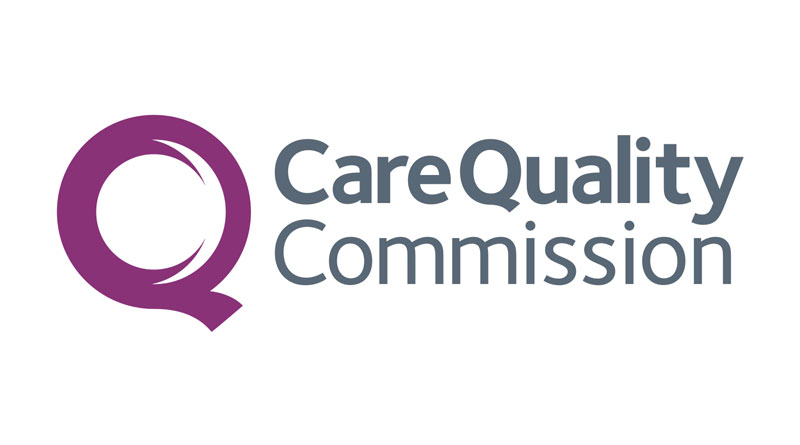CQC Updates Guidance On The Regulation Of Services For Autistic And/Or People With A Learning Disability
The Care Quality Commission (CQC) has revised its “Registering the right support” guidance to make it clearer for providers who support autistic people and/or people with a learning disability.
Following feedback from people who use services CQC has updated its guidance so it has a stronger focus on outcomes for people including the quality of life people are able to experience and the care they receive.
Now called Right support, right care, right culture, the guidance published today, outlines three key factors that CQC expects providers to consider if they are, or want to care for autistic people and/or people with a learning disability:
- Right support:
The model of care and setting should maximise people’s choice, control and independence - Right care:
Care should be person-centred and promote people’s dignity, privacy and human rights - Right culture:
The ethos, values, attitudes and behaviours of leaders and care staff should ensure people using services lead confident, inclusive and empowered lives
Kate Terroni, Chief Inspector of Adult Social Care said, “Autistic people and people with a learning disability are as entitled to live an ordinary life as any other citizen. We expect health and social care providers to ensure autistic people and people with a learning disability have the choices, dignity, independence and good access to local communities that many people take for granted.
“Our revised guidance makes clear that safeguarding people’s human rights must be at the heart of all care provided for autistic people and/or people with a learning disability.
“We will only register and give a positive rating, to those services that can demonstrate high quality, person-centred care.”
CQC will be using this guidance in their assessments and judgements and providers are encouraged to directly discuss their proposals or development ideas before submitting an application or making changes to services. This can help providers make an informed decision about whether plans are likely to comply with this guidance.
This guidance has always been set alongside other standards in health and social care – this includes NICE guidance (CG142) on the definition of ‘small’’ services for autistic people with mental health conditions and/or behaviour that challenges. This states that residential care “should usually be provided in small, local community-based units (of no more than six people and with well-supported single person accommodation)”.
While CQC use NICE guidance in describing what ‘small’ means for how they apply their approach, this is not the same as having an absolute upper limit for the size of services. CQC have never applied a six-bed limit in their registration or inspection assessments and will continue to register based on care that is person-centred, and promotes choice, inclusion, control and independence.
CQC’s review into restraint, prolonged seclusion and segregation for people with a mental health problem, learning disability or autistic people supports this and, for people currently in the hospital system, this is likely to require commissioners and providers to develop bespoke services.
Responding to the guidance Professor Martin Green OBE, Chief Executive of Care England, says: “Although we welcome the redrafted guidance, more could be done to demonstrate the importance of evidence in the revised approach. Care providers need to know that decisions made around the regulation of their services are evidence-based.”
CQC published a revised and retitled draft of the guidance on their participation platform Citizen Lab on 31 January 2020. This consultation followed a scoping review which took place between March 2019 and August 2019. Registering the Right Support has been re-worked and the name has changed, to ‘Right Support, Right Care, Right Culture’ https://www.cqc.org.uk/ , however CQC’s policy on regulating and checking on providers that support autistic people and people with a learning disability has not changed.
In Care England’s consultation response in January, it sought to highlight several key themes which it felt the draft guidance did not adequately address, including: size of services; commissioning; use of case studies; and how CQC applies the policy. Care England has reiterated these issues through further stakeholder meetings with CQC in advance of the final publication of their revised guidance. We will now need to reflect in detail on the new guidance and consider the impact on how future services are registered and monitored.
Professor Green continues:
“We implore CQC to adopt a greater degree of transparency with the sector as to their own approach. This will foster a dynamic process whereby providers are fully able to understand the basis upon which decisions regarding services are made.”






